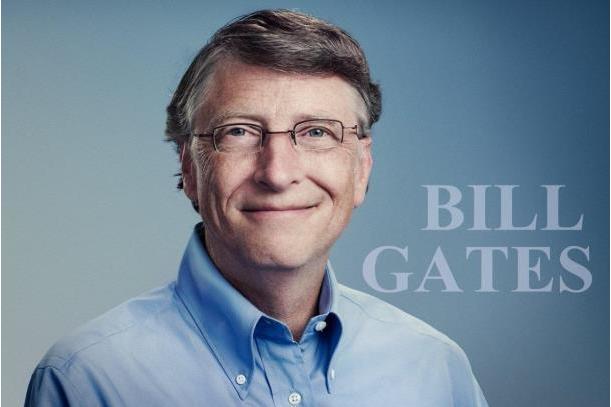Latest News
Oxfam report says governments are fuelling inequality crisis

News Highlight
According to Oxfam, the world’s 2,153 billionaires had more wealth in 2019 than 4.6 billion people.
Global inequality is out of control, says Oxfam International, a confederation of 20 charitable organisations focusing on the alleviation of global poverty. A new Oxfam report, ‘Time to Care,’ shows that around 735 million people are still living in extreme poverty. Meanwhile, there are more billionaires than ever before, and their fortunes have increased to record levels.
The 63-page report, released today ahead of the World Economic Forum (WEF) scheduled to hold this week in Davos, Switzerland, says in 2019, the world’s 2,153 billionaires had more wealth than 4.6 billion people, who account for 60 per cent of the global population. The report also shows that the world’s richest 1 per cent have more than twice as much wealth as the remaining 6.9 billion people.
According to a World Bank Nigeria Economic Update released in December, the country currently has 100 million people living on less than US$1.90 per day. The bank warned that if current trends are not addressed, the number of Nigerians living in extreme poverty by 2030 could increase by more than 30 million.
The Oxfam report argues that many governments are fueling the inequality crisis. According to the charity organisation, the super-rich are undertaxed. They also avoid as much as 30 per cent of their tax liability. Oxfam also maintains that "inequality is sexist." Women account for the greatest proportion of the world’s poorest households, a proportion that is still growing. They have less income and fewer assets than men.
"This great divide is based on a flawed and sexist economic system that values the wealth of the privileged few, mostly men, more than the billions of hours of the most essential work – the unpaid and underpaid care work done primarily by women and girls around the world," the report argues.
The report says the 22 richest men in the world have more wealth than all the women in Africa. According to the United Nations, there are 326 million women in Africa aged 20 and over.
Inequality, according to the report, also creates devastating human costs. About 100 million people are forced into extreme poverty each year due to healthcare costs, leading to shorter life expectancies for the poor.
"People from poor communities can expect to die ten or twenty years earlier than people in wealthy areas," says Oxfam. "In developing countries, a child from a poor family is twice as likely to die before the age of five than a child from a rich family."
The report says world leaders are not doing enough to address the worsening inequality between the poor and the rich. Oxfam describes inequality as "a political choice." It calls on governments around the world to act now to build a new, human-centered economy that is not solely focused on the endless pursuit of profit. This is described essentially as an economy that works for everyone, not just a fortunate few.
“Governments created the inequality crisis – they must act now to end it,” said Oxfam India CEO Amitabh Behar. “They must ensure corporations and wealthy individuals pay their fair share of tax and increase investment in public services and infrastructure. They must pass laws to tackle the huge amount of care work done by women and girls, and ensure that people who do some of the most important jobs in our society – caring for our parents, our children and the most vulnerable – are paid a living wage.”
Related News
Latest Blogs
- What is most important for Nigeria in 2026
- Restoring asset declaration as a tool of public accountability
- Tackling antibiotic resistance through safer food systems
- Big government, little governance
- What will matter in Nigeria in 2026
Most Popular News
- Pan-African nonprofit appoints Newman as Advisory and Executive Boards Chair
- NDIC pledges support towards financial system stability
- Artificial intelligence can help to reduce youth unemployment in Africa – ...
- Abebe Aemro Selassie to retire as Director of African Department at IMF
- Dollar slumps as Fed independence comes under fire
- UN adopts new consumer product safety principles







